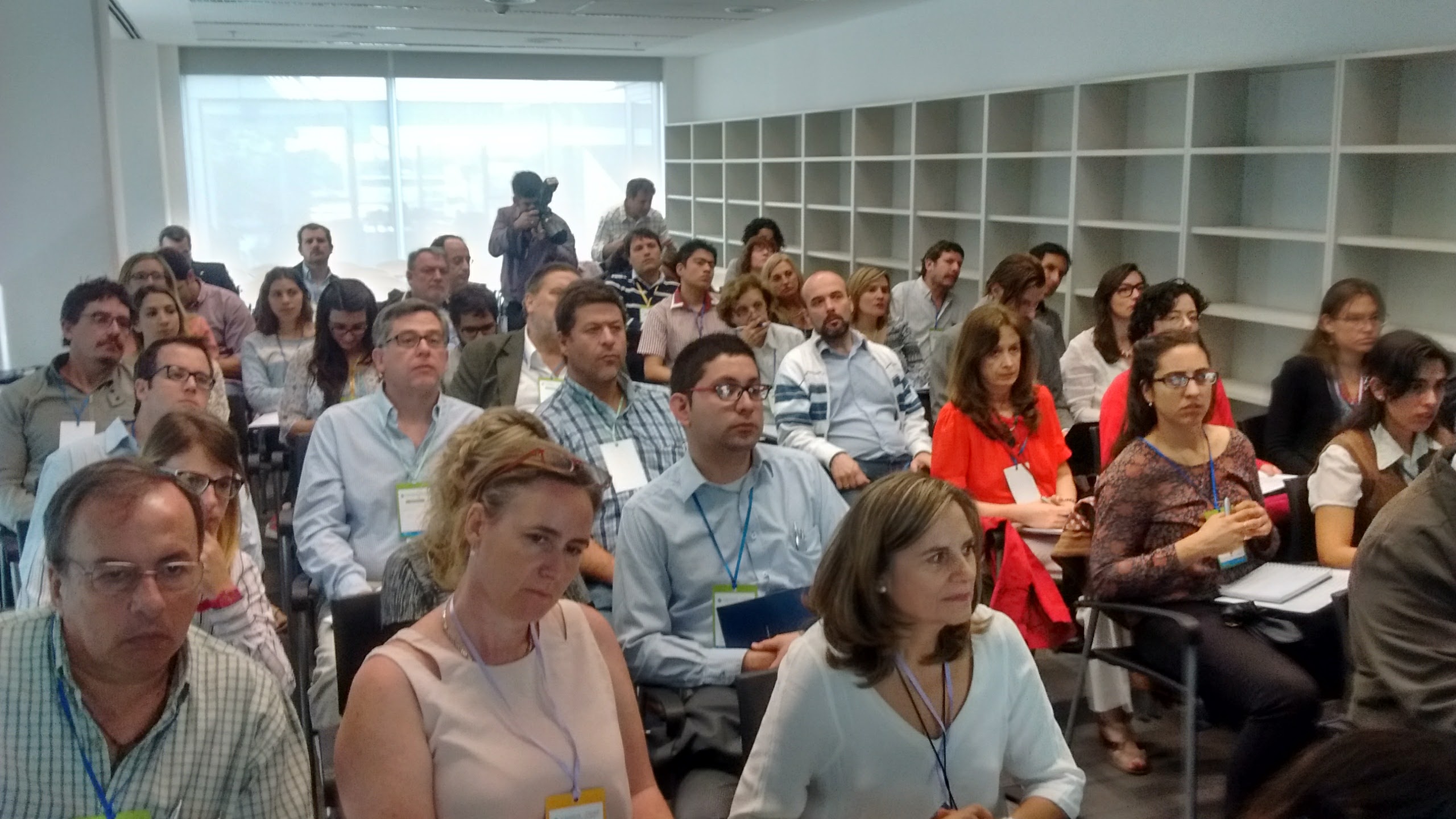23 November 2016, Buenos Aires, Argentina

The main aim of the SMIBIO Project is to develop small-scale integrated biorefinery units capable of processing different kinds of biomass produced in short radius catchments rural and small urban areas, both in Europe and in CELAC (Community of Latin American and Caribbean States).
The SMIBIO Project outcomes are expected to contribute significantly to the successful implementation of future biomass policies for reducing the risk of health and environmental impacts caused by the non-optimal use of agro-industrial wastes and significantly increase farm productivity and thus improve household livelihoods of farmers.
First results of the project were presented on 23 November 2016 in Buenos Aires, Argentina, in the state owned Centro Cultural de la Ciencia del Ministerio de Ciencia, Tecnología e Innovación Productiva (Mincyt) where the first SMIBIO workshop on small-scale biorefineries was held.
Summary
The workshop participants were welcomed in the morning by the Argentinian organizers Jorge Hilbert, bioenergy expert from INTA, and Pablo Nardone, member of the executive committee at MINCYT.
Further welcome words were given by Alejandro Mentaberry, the Executive Coordinator of the Scientific Technology Cabinet of MINCYT, Mariano Lechardoy, Subsecretary of Bioindustry of the Argentinian Ministry of Agriculture, Francisco Gírio, Senior Researcher, Head of Bioenergy Unit of LNEG (National Laboratory of Energy and Geology) in Portugal and Jorge Carrillo, Director of the Centre of Agroindustry of INTA.
Mr Mentaberry pointed out that the concept of biorefineries, together with the concept of biomass constitute a new perspective for the sector. He appealed to advance the biorefinery concept as well as the education of human resources for this matter. Speaking of the scale Mr Mentaberry emphasized that it’s an advantage to have biorefineries in different scales. Concluding he stated that Argentina shows a high potential for these kinds of ventures.
Morning session
Afternoon session
Conclusions of the 1st SMIBIO workshop
1. The profitability of a biorefinery is constituted by the sum of the values of its products and the market positioning volumes.
2. In biorefineries biofuels are the lubricant of the circular economy giving destination to a significant amount of product.
3. Central features of the biomass business are logistics and transport. Therefore the placement of biorefineries close to the place of origin of the biomass and of the destination of the products of greater volume is seen favourable in terms of scale.
4. The public perception of the different products (out of a biorefinery) has a strong impact on policy changes offending the long-term sustainability of the business. This is an aspect that should be addressed on a permanent basis. (Thus, communication about achievements in the sector should as well be made available for the public.)
5. Modelling tools are important to assist in defining the scale of the projects.
6. The implementation strategy for biorefineries must be integrated into the value chain and not a sum of particulars.
7. The creation of thematic networks that coordinate the actions of research and development is very important to optimize resources and define priorities and strategies.
8. Biorefineries are a way to give greater profitability and stability to agricultural systems, scaling in added value in distributed form.
9. Biorefineries are in different stages of technical and process development for obtaining an important series of products made of renewable organic carbon which is produced by the agriculture and forestry sectors; investments are considerable in these fields and countries with high availability of biomass must strengthen their capacities by coordinating actions
10. The shown examples of small-scale biorefineries focus on taking advantage of the reduction of transportation and logistics, and of the increase of products of higher added value. Its operation and monitoring is possible with the new communication technologies already available.



